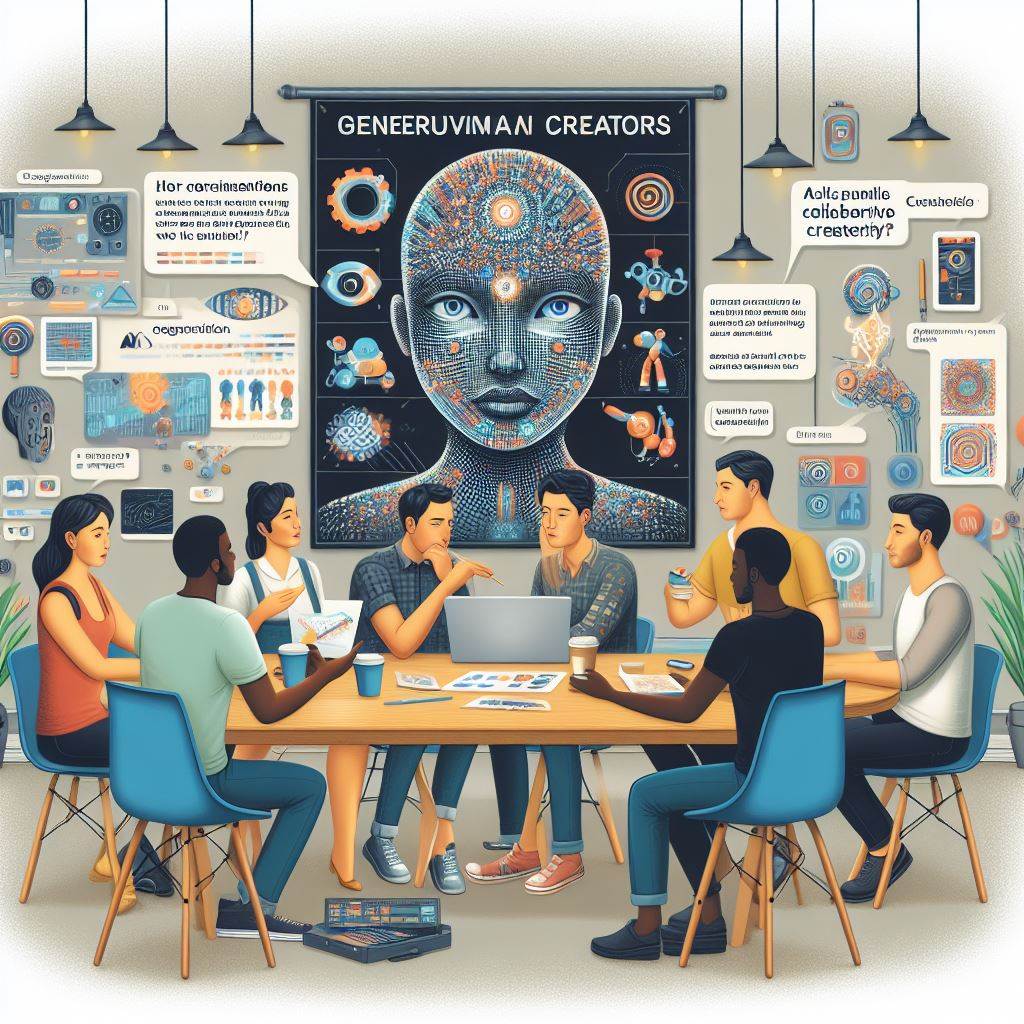OpenAI Microsoft Generative AI Lawsuit: Copyright Controversy
In an advanced development that could reform the AI industry, eight major U.S. newspapers, including the New York Daily News, Chicago Tribune, and Orlando Sentinel, have filed a lawsuit against OpenAI and Microsoft. The newspapers are all owned by investment giant Alden Global Capital. They have blamed the tech giants for copyright violations related to the use of generative AI technology.
The newspapers claim that OpenAI and Microsoft have used their intellectual property without permission or reimbursement to build and commercialize generative models such as GPT-4. “We’ve spent billions of dollars gathering information and reporting news at our publications, and we can’t allow OpenAI and Microsoft to expand the big tech playbook of stealing our work to build their businesses at our expense,” said Frank Pine. He is the executive editor overseeing Alden’s newspapers.
The lawsuit has ignited a fiery debate in the tech industry about the ethical use of AI and the rights of content creators. Critics argue that tech companies are misusing the work of journalists and other creators without fair compensation, while advocates of AI argue that the technology is simply learning from publicly available information.
But OpenAI is considering a solution. A recent research paper co-authored by Boaz Barak who is a scientist on OpenAI’s Superalignment team, suggests a framework to compensate copyright owners proportionally to their contributions to the creation of AI-generated content. The outline uses supportive game theory to assess the effect of content in a training data set on what a model generates.
This lawsuit could have far-reaching implications for the AI industry. If the newspapers win, it could set an example for other content creators to seek benefits from tech companies that use their work to train AI models. On the other hand, if OpenAI and Microsoft win, it could shape the way for more extensive use of AI in content creation.
The case is currently unresolved in the U.S. District Court for the Northern District of California. Both OpenAI and Microsoft have declined to comment on the lawsuit.
Read More: Anthropic Premium Plan for Businesses: Aims to Capture Enterprise Market
Read More: RAG: A Solution or a Vision for AI’s Hallucination Problem?

